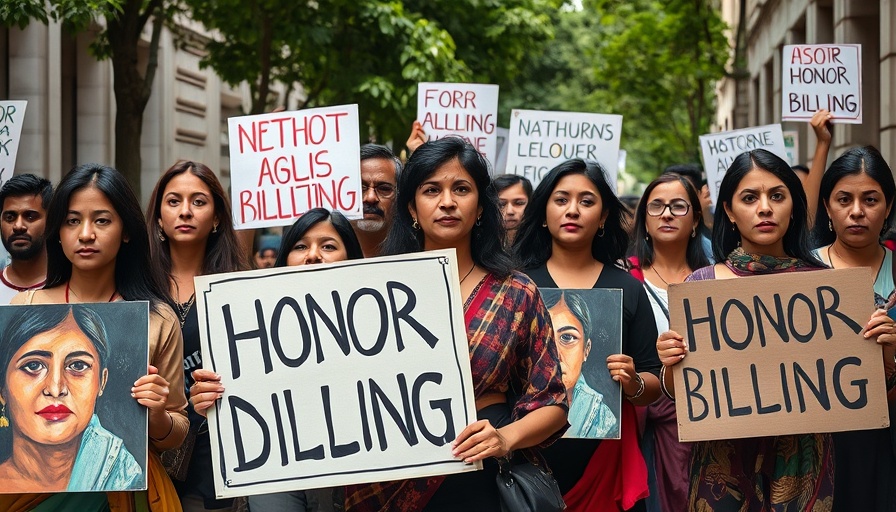
Escalating Tensions: Israel's Plans for Gaza
As the Israeli security cabinet convenes to deliberate on possible military expansion into Gaza, the possibility of an intensified conflict raises urgent questions. At a time when humanitarian conditions for civilians are deteriorating, this proposed military operation could lead to significant ramifications both locally and globally.
The Human Cost of Conflict
Recent airstrikes have left at least 29 Palestinians dead in southern Gaza, according to local sources. Among the casualties are families gathered in attempts to receive humanitarian aid. Nasser Hospital reports that many were shooting victims from unrestrained military actions around aid distribution sites. These recent events showcase the dire situation on the ground, prompting voices both from Israel and the occupied territory to call for a reassessment of military strategies.
Voices of Dissent: Opposition within Israel
The discussion on military expansion is not without dissent. Israeli opposition leader remarks that occupying Gaza would not only further complicate the humanitarian crisis but could also destabilize the region's delicate balance. Families of hostages in Hamas custody articulate their concerns, imploring the government to weigh the pros and cons of further military action against its citizens' safety and the lives held in captivity.
Historical Context: A Long-Standing Conflict
This situation is fraught with historical significance. Since the establishment of Israel, the Gaza Strip has been a flashpoint of conflict. Analysis shows that previous military operations in Gaza have resulted in widespread devastation, with little to no long-term peace benefits. The cyclical nature of violence has often been counterproductive, leading many to question the efficacy of military solutions.
Future Predictions: What Lies Ahead?
Observers are concerned that if the Israeli military moves forward with the planned escalation, it could lead to greater international isolation for the nation. Global condemnation of the potential actions is expected from numerous countries advocating for the protection of civilians. The question remains: can military might accomplish what diplomatic discussions failed to achieve?
International Reactions: Global Perspectives on the Gaza Conflict
Reactions to Israel's military maneuvers are mixed on the global stage. Some countries advocate for Israel’s right to self-defense, while others urge restraint, emphasizing the need for humanitarian considerations. The risk of further escalation could invoke international intervention, amplifying the conflict both in regional and geopolitical contexts.
The Value of Dialogue Over Warfare
In times of crisis like this, diplomatic channels often provide the most sustainable solutions. Experts suggest that meaningful dialogue must take precedence over military aggression. Lessons learned from past conflicts advocate for the importance of negotiations and compromise in achieving lasting peace, which may be what both Israelis and Palestinians ultimately desire.
Conclusion: A Call for Examination
The decision to expand military operations in Gaza must not be taken lightly. As the Israeli government weighs its options amidst mounting pressure, it remains imperative to consider the human cost of conflict along with the historical implications of such actions. Only through a balanced approach that prioritizes diplomacy can a reasonable solution emerge, benefiting all parties involved.
 Add Row
Add Row  Add
Add 




Write A Comment